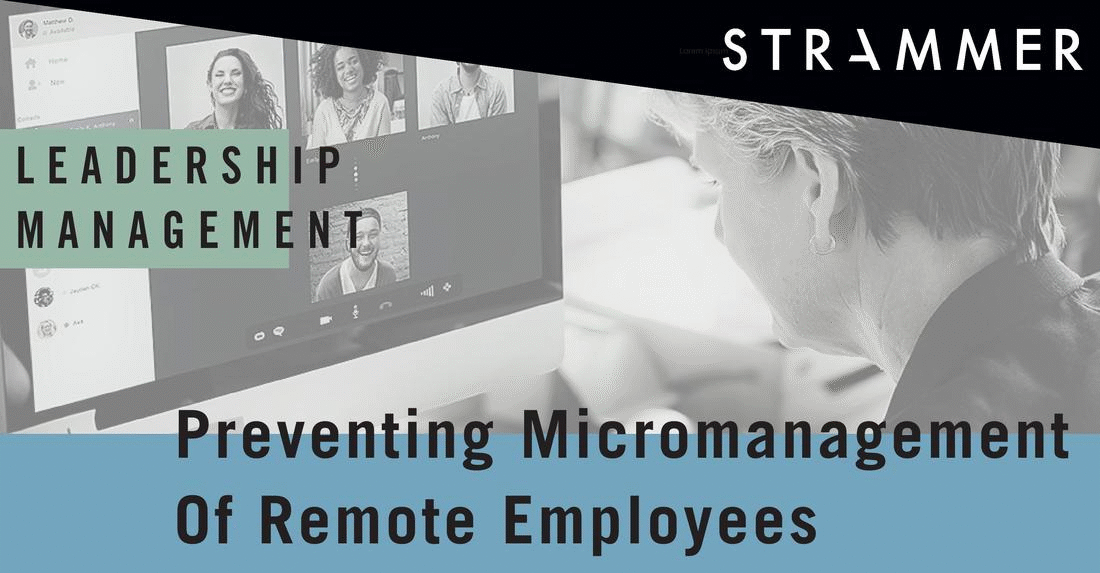Managing Remote Employees During The COVID-19 Crisis.
Because of the Coronavirus, businesses are having to adapt to the new ways of remote work quickly and without much training. Subsequently, managers must effectively deal with confusion and problems related to remote management. Remote team management clearly calls for another method compared to face to face management a solid blend of monitoring and confidence. This can be difficult to do without micromanaging as leaders may feel a lack of control due to separate locations and general uncertainty. However, micromanagement can lead to several negative repercussions such as low morale, invasion of privacy, reduced productivity. Therefore, managers must be considerate and strategic in their approach to prevent negative consequences. With the correct techniques, leaders can ensure that employees are functioning at peak productivity and taking responsibility for their own tasks, without having low morale.
The first step is to establish certain expectations on both sides. To redo tasks due to the lack of specific criteria and standards can impact time, productivity and confidence. However, this can be a reality when people are in separate locations as it limits communication and general understanding. Therefore, while appointing responsibilities, make sure that employees vividly acknowledge their responsibilities. Providing proper deadlines, key point indicators, and structure is important to reduce confusion and miscommunication. This is the easiest way to prevent micromanaging remote teams.
Secondly, calculate how many hours the team uses on documentation, and try to reduce it as much as possible. If remote staff must come to the office to fill them out, it is crucial to try to involve digital copies of the plans.
For any team to work efficiently, setting up protocol is important, particularly for people working from home where interaction can be unreliable and erratic due to technological issues or time dissimilarities. Nevertheless, excessively sticking to the procedures may cause leaders to be narrow sighted without questioning if it indeed helps or hinders employees to move forward. It also results in superiors requesting extra documents, reports, and discussions that can unnecessarily overwhelm and reduce the motivation of the employees for several reasons. They may feel a lack of freedom, independence, trust, focus and not enough time to complete their actual work. Therefore, it is necessary to be inclusive and cooperative. Offer them an opportunity to express themselves, and if they propose a better solution, try to reevaluate the plan with these considerations in mind without forcing them to do what managers require them to do. This will improve the project, as a second perspective is offered, and the employee has his voice will be heard.
To prevent micromanaging remote teams, leaders must make sure that employees are heard, comfortable and independent in their work-life. This will instead empower the employees, develop trust, and improve the management styles. During the turmoil of the crisis, it is challenging to let go of charge, however it is imperative to have good manager-employee camaraderie and productivity.
References:
- Experts Say Listen, Don’t Micromanage In Time of Crisis, Apr 2, 2020, Forbes.
- Micromanagement in the times of crisis: preparing for the Covid-19 threat in the workplace, Mar 28, 2020, EconomicTimes.





